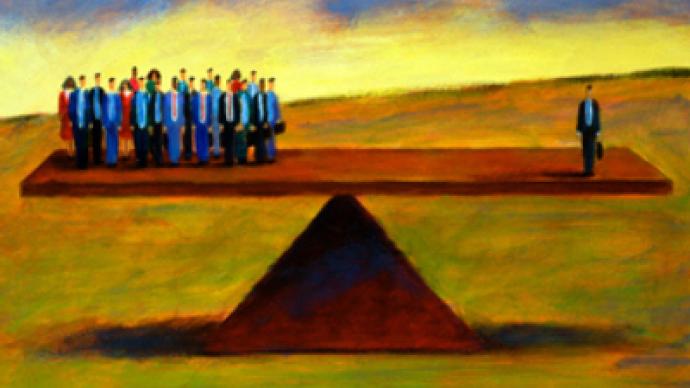Sarko threatening to steal Czechs’ thunder

The outgoing president of the European Union seems unwilling to relinquish diplomatic power and EU decision-making to the Czech Republic, the new head of the EU’s rotating presidency as of January 1.
France’s Nicolas Sarkozy has been hitting the road and the papers with comments and actions that might well undermine EU confidence in the Czechs’ ability to correctly steer Europe through the tough times ahead.
From the armed conflict in Gaza to the global financial meltdown and the gas dispute between Russia and the Ukraine, there is no doubt that the Czech Republic faces a hefty challenge as they take over the EU presidency for the next six months. The first of the ex-Warsaw Pact countries to take the helm of the EU, the Czech Republic must now show the world and their own doubting EU-bloc partners that they have the right stuff to protect EU values and interests in such tough times. However, several problems haunt the Czech presidency both in the EU and abroad.
Firstly, the Czech Republic is a small country and a junior member of the EU, having only entered the 27-country bloc in 2004. What’s more, it has not yet adopted the euro and its president, 67-year-old Vaclav Klaus, is an outspoken and controversial Eurosceptic. Klaus is a champion of free-market policies and rejects the market rules and barriers imposed by the EU. He advocates a decentralised Europe and does not support the Lisbon Treaty, so dear to top EU decision-makers.
Klaus also refuses to fly the EU flag at Prague Castle, which is the presidential seat, even during the EU presidency. Although the EU flag was hoisted at other castles and chateaus across the country on January 7, the day on which France passed the symbolic EU baton to the Czech Republic, it will not be flown over Prague Castle because, Klaus argues, Prague Castle is a symbol of the Czech state, not of the EU.
This has given Sarkozy, perennial troubleshooter / troublemaker – take your pick – and hyperactive French president, added ammunition to attack the Czechs for their anti-EU stance on the flag-flying affair at a delicate time when EU members already appear apprehensive about the Czechs’ new role as EU leaders. Seemingly unwilling to let the Czechs assume the presidency of the EU, Sarko has continued to act as if he were still head of the EU, even though the French EU presidency ended on December 31. By acting in such a manner he threatens to hamper the Czechs’ leadership.
Another challenge to EU leadership was the recent two-track peace mission in the Middle East. What was supposed to be a presidential visit to French troops in Lebanon Sarko swiftly turned into a parallel EU peace mission in the Middle East, just one day after an EU-Czech peace mission had arrived in the region to negotiate a ceasefire to the armed conflict in Gaza. The parallel peace mission launched by Sarko was just another example of his belief that the Czechs lack the diplomatic acumen and experience needed to effectively lead EU foreign policy abroad, or the ability to address the host of challenges they face in such complicated times. Sarko’s Middle East trip undoubtedly hurt Prague’s confidence and worked – directly or indirectly – to undermine the Czechs’ authority as the main European mediator.
Nonetheless, many political analysts believe that the Czechs may be better suited to deal with the rift between Russia and Ukraine over gas transit, which is already threatening gas supplies to many EU countries. What’s more, their push for less government intervention and increasing the freedom of markets may be the only way to get global markets back on their feet. The three policy areas that will be addressed as priorities during the Czechs’ six-month stint are the economy, energy and the EU’s role in the world.
Brenda Dionisi for RT












